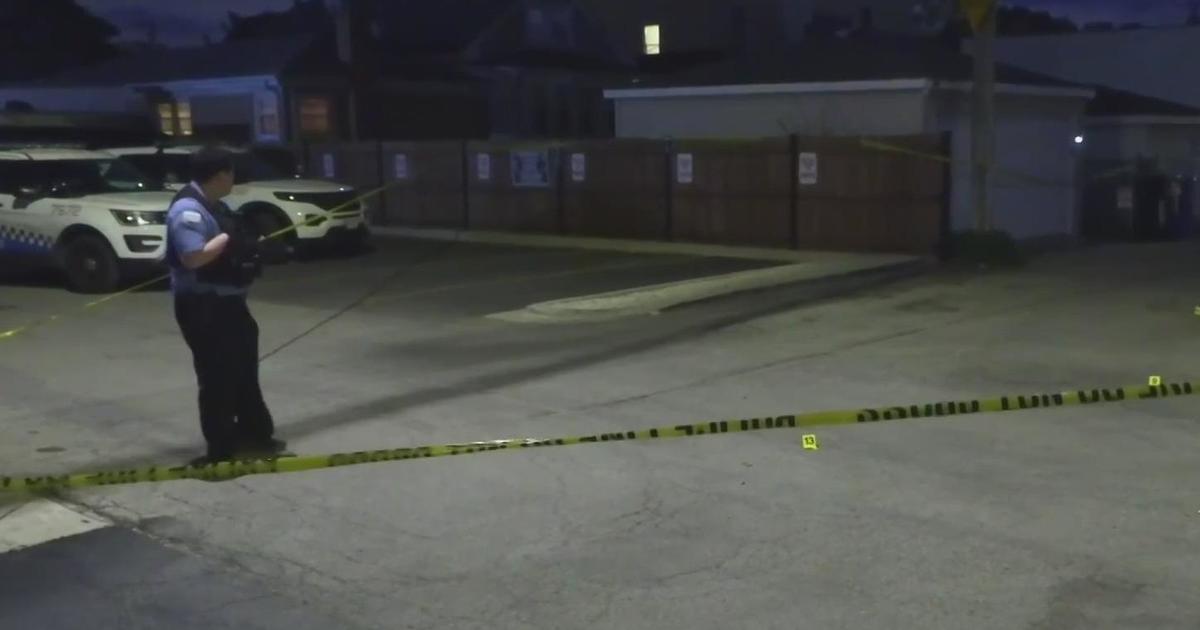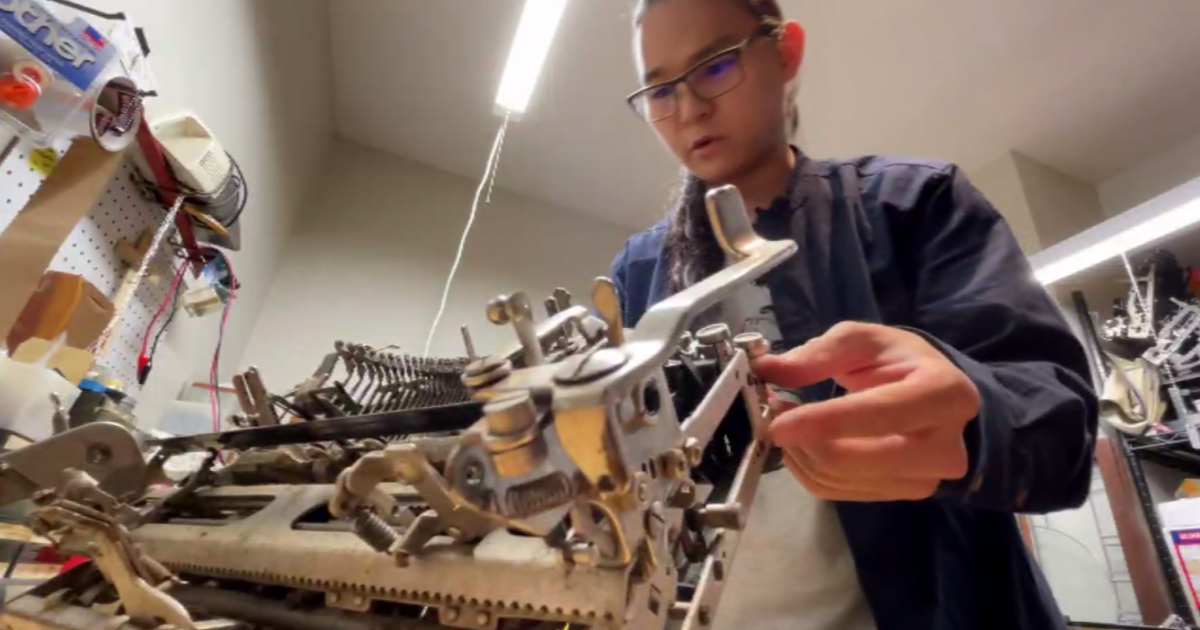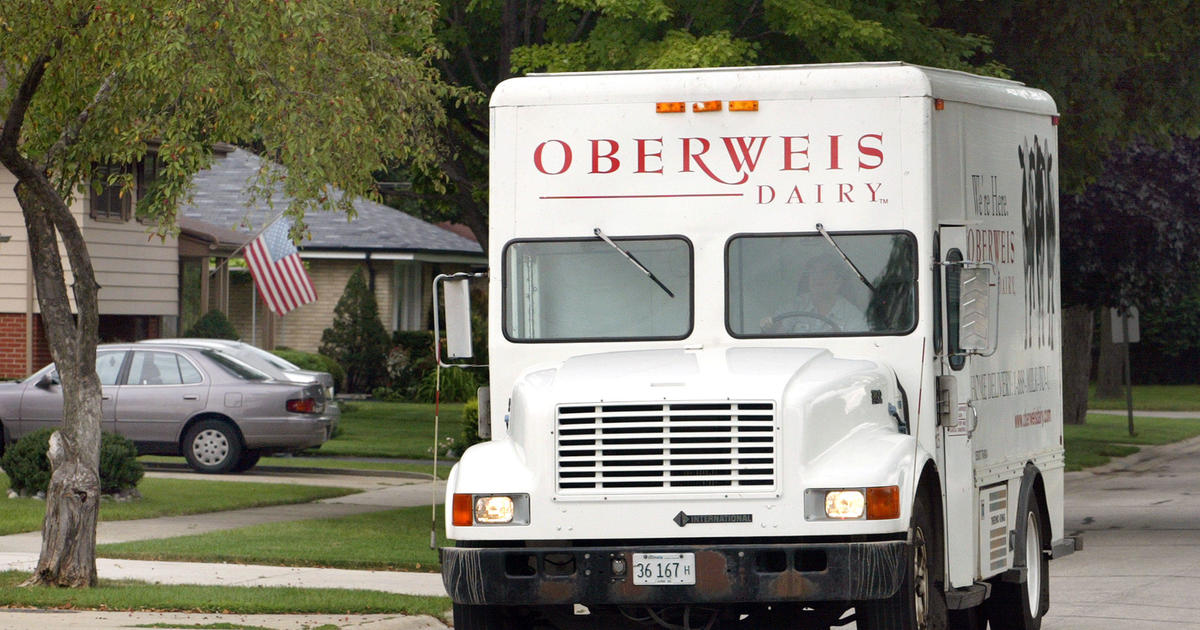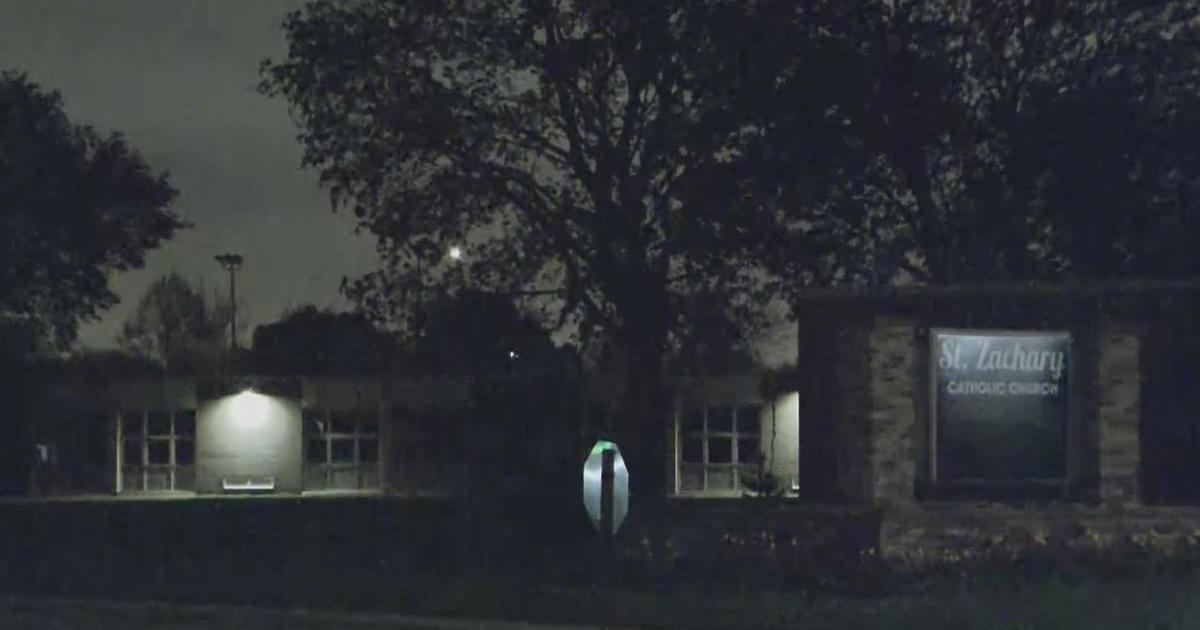Other Doctors Raise Red Flags, Say Practices Of Neurosurgeon Dr. Demetrius Lopes Are Dangerous
CHICAGO (CBS) -- A controversy over patient safety in the operating room is brewing at one of the area's biggest hospitals. It's a case of a neurosurgeon versus other doctors and nurses who are concerned about his practices.
As CBS 2 Investigator Pam Zekman reported, lives may be hanging in the balance.
"The number of lives we've saved is incredible," said Dr. Demetrius Lopes.
Dr. Lopes is a neurosurgeon at Advocate Lutheran General Hospital.
"The number of first cases and trials and things we did in Chicago to change the field in a global manner is incredible," Dr. Lopes added.
Dr. Lopes travels the world speaking at conventions and shows off his methods on social media and YouTube. Aneurysms are his specialty.
"I think we have a very high-risk field," Dr. Lopes said. "Not a lot of physicians are willing to be part of that."
But some doctors and nurses that work with Dr. Lopes have concerns.
"There are some cases of aneurysms that are best left alone," said a doctor who has worked with Dr. Lopes. "Those often were not left alone and resulted in harm to the patient."
This doctor took the extraordinary step to break the hospital code of silence and talk to CBS 2 as long as we concealed his identity.
"Whistleblowers have ended up losing their careers. It could very likely happen," said the anonymous doctor.
"This physician does have some skills and is competent at his job but exceeds what is appropriate," the anonymous doctor said. "And this, I believe, results in patients' deaths a couple of times a year."
He flagged one especially troubling case to state regulators.
"Blood loss in the procedure that was 20 to 30 times what we normally see," the doctor said.
And he says he noticed a troubling trend: "[I] began seeing much higher stroke rates."
We asked Dr. Lopes about these concerns.
Zekman: "Some of the people you work with believe you are a dangerous doctor. Are you dangerous?"
Dr. Lopes: "No Pam, I made a tremendous difference in my field."
"It was a shock," said Joann Owens. "Utterly a shock."
She continued: "He was scared. Anyone would be scared of surgery."
Joann Owens' 66-year old brother, Ronald Jedlinski, died after Dr. Lopes operated on his aneurysm this past February. She remembers the last time she saw Ronald.
"Never expecting that that would be the last time that I hugged him, that I wouldn't see him alive again," said Owens.
Dr. Lopes told the family Ronald's aneurysm burst during the procedure.
Owens has hired an attorney to find out exactly what went wrong, meanwhile insiders have highlighted other concerns.
They claim Dr. Lopes regularly leaves patients anesthetized for surgery hours before he operates on them.
We asked the anonymous whistleblower if that was a dangerous practice.
"Yeah, very dangerous," the doctor said. "And that's one of the problems I brought to the attention of the administration."
Zekman: "Have you left patients waiting for you to do your procedure under Anesthesia for hours?"
Dr. Lopes: "Absolutely not."
"This isn't just me, but many others complaining," added the anonymous doctor.
Eight employees at Advocate Lutheran General Hospital, including doctors and nurses, have told Zekman they have lodged official complaints or expressed serious concerns about Dr. Lopes' methods and practices.
Both Rush University Medical Center -- where Dr. Lopes previously worked -- and Lutheran General defend Dr. Lopes. Lutheran General said the allegations made by employees were found "unjustified" after a recent "robust review" this past spring and concluded Dr. Lopes is "practicing at a very high level."
And, so far, the state agency tasked with investigating complaints against doctors hasn't taken action either.
The whistleblower we talked to is one of two doctors who have reported their concerns about 10 separate cases to the Illinois Department of Financial and Professional Regulation, starting a year ago.
"So we waited and waited," said the anonymous doctor.
State records we obtained show there is a backlog of more than 3,000 complaints about Illinois doctors dating back to 2015 assigned to nine medical investigators. Their average caseload is 316 cases.
"This is my new normal. Pain every day," said Julie Pasderetz. "It just hurts all the time."
Julie Pasderetz, 44, is now suing Dr. Lopes and Rush Hospital for "medical negligence" for complications from her aneurysm surgery.
Dr. Lopes used a coil and stent procedure that he demonstrates on his YouTube page.
Julie's lawsuit charges the device used to finish the surgery was used improperly.
"The use of the closure device caused a blockage in her artery and permanent damage to her right leg," said attorney Matthew Gannon.
Julie had to return to the ER for emergency surgery by a different doctor.
"She was able to remove part of the product that Dr. Lopes left in Julie's body," Gannon said. "Looking at the records, it saved Julie's life."
Over his career, the CBS 2 Investigators also found two other medical malpractice lawsuits filed against Dr. Lopes on behalf of 48-Year old Billy Horne and 51-year old Elda Heng.
Both claimed deadly mistakes following stent and coil procedures performed by Dr. Lopes when he was at Rush.
"The worst thing that I came across as I investigated – this was one of the cases in which a patient died –was published in the medical literature as a success, contrary to the actual outcome of the case," said the anonymous doctor.
Court records the CBS 2 Investigators obtained show that case was Billy Horne.
Horne died two days after his surgery from a brain hemorrhage. It was caused, an expert said, when Lopes used an inappropriate procedure for his oddly shaped aneurysm.
Elda Heng's lawsuit charges that Dr. Lopes "caused a vessel puncture," leading to a "hemorrhage." and "permanent brain damage."
Heng was left in a vegetative state for 10 years – until she ultimately died.
Rush Hospital settled Heng and Horne's suits for a total of $22 million. Heng's lawsuit was settled in 2008 for $16 million and Horne's lawsuit was settled in 2017 for $6 million.
"Pam, the same procedure has been done over and over and multiple successes after that and before that," said Dr. Lopes. "So I think the way it was handled was the best way possible. It's very unfortunate that complication happened of course."
Zekman: "Are you putting patients at risk by your practice?"
Dr. Lopes: "Absolutely not, Pam."
But some family members still wonder, what if?
"This is a wasted life. He was a great man," said Joann Owens. "It's just not fair, and how many other people are going through this as well?"
Remember, Lutheran General says it cleared Dr. Lopes after a peer review at the hospital earlier this year.
Following our inquiry, the IDFPR said they have spread the medical complaints out for review by staff attorneys to help deal with the backlog. But they say they still need more investigators.
Illinois is the second worst state in the country when it comes to the number of medical investigators per capita.
The IDFPR advises that anyone seeking to lodge a complaint may:
• Call their Complaint Intake Unit at (312) 814-6910.
• Complete, print, and mail a complaint report to:
Department of Financial and Professional Regulation
Division of Professional Regulation
Complaint Intake Unit
100 W. Randolph St., Suite 9-300
Chicago, IL 60601



